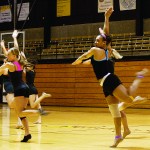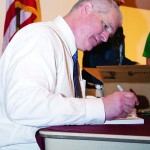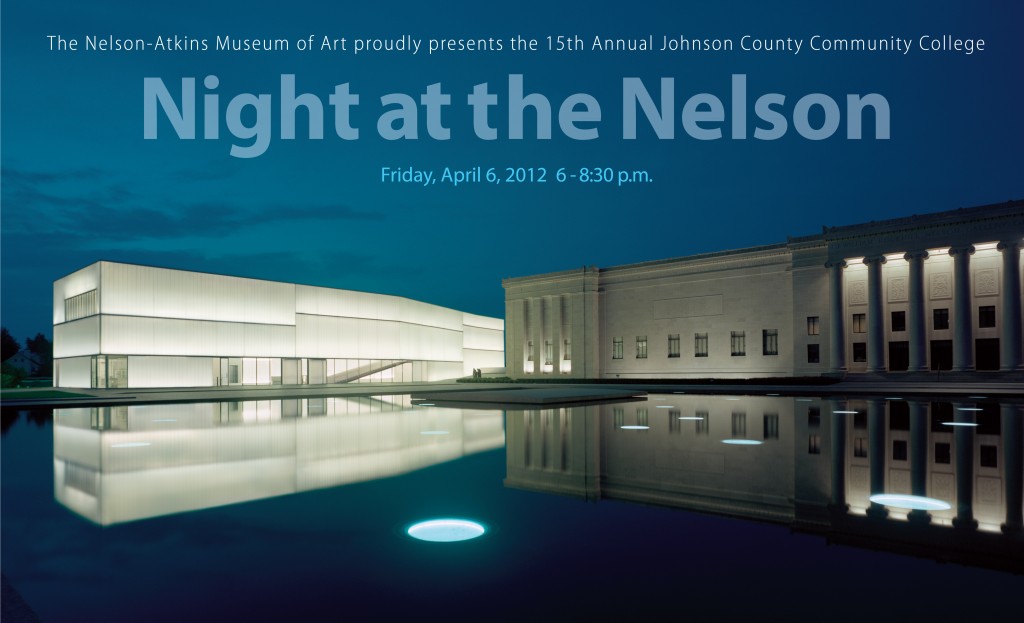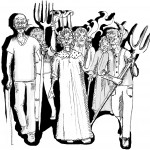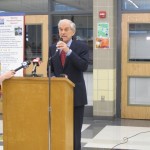The war against drugs has raged for decades, evolving and adjusting to fit the times. In recent years, however, the voice of the opposition has grown louder than ever and is now being heard clearly.
A Gallup poll from October 2011 showed that 50 percent of Americans (±4%) now want to legalize marijuana, which is a record high (no pun intended). And why shouldn’t they? The potential benefits of legalization – or at least decriminalization – far outweigh the risks.
History shows that prohibition fails and has adverse effects almost every time it is attempted. In the 1920s, the Eighteenth Amendment banned manufacturing, sales and consumption of alcohol. Bootleggers ran rampant and over 50,000 people died of poisoning and overdose, according to an article from the Economic History Association. The homicide rate rose as well.
Now in 2012, the war against marijuana is following the same path, but we believe it should be legalized in the United States for the following reasons.
National security: A “Washington Post” article reports that up to 60 percent of the profits made by drug cartels from Mexico come from marijuana. If it were legalized in the U.S., it would result in an immediate loss of profit for the cartels and, thus, less motivation to do business here.
Economy: In a capitalist society, the market for marijuana could be massive. Growers allowed to compete for quality and lowest price would ensure consumers the best bang for their buck. This could also create thousands of jobs. If the government were to regulate marijuana and tax it as much as alcohol and tobacco are taxed, revenues could add up to anywhere between $40 and $100 billion per year, according to an article in “BusinessWeek.”
Practical use: The U.S. is one of few countries that require individual states to have licenses to grow hemp, a cousin of marijuana which contains a very low quantity of tetrahydrocannabinol (THC), the chemical which causes marijuana’s euphoric effects. Hemp has a wide variety of uses, ranging from fabric to paper to food to building materials and more. In this era of “going green,” what better way to avoid cutting down trees and become more environmentally friendly than by utilizing an additional plant?
Reforming the prison system: According to a 2007 report by the U.S. Department of Justice, 12.4 percent of federal inmates incarcerated for drug charges are in prison for marijuana-related offenses. This is costing taxpayers over $1 billion per year and focusing legal efforts away from offenders who have committed violent crimes or sold more dangerous drugs.
Medical benefits: An article from the Livestrong Foundation cites many medical benefits of marijuana, including pain relief, decreased nausea, muscle relaxation and increased appetite, which can be a great help to some cancer and AIDS patients. In addition, it benefits patients suffering from glaucoma, psychological conditions, Alzheimer’s disease, insomnia and many other illnesses. However, only 16 states and Washington, D.C. have laws allowing medical use of marijuana.
Relative low risk to society: Opponents of legalization will talk about the dangers associated with marijuana use, then go out and celebrate with cocktails. Alcohol is perfectly legal for those of drinking age, but when users fail to “drink responsibly,” the outcome can be tragic. The chemicals in cigarettes kill thousands of people each year. Marijuana, on the other hand, very rarely causes bar fights, traffic accidents or disease.
Last, but certainly not least, is liberty. We live in a country where the government has no right or responsibility to tell us what we can and cannot consume, or how we should treat our bodies. We the people have the individual right to make those decisions for ourselves, and it is “high time” lawmakers step aside and let us live as we choose.
Related articles:
The legal effects of marijuana
Yes we cannabis: Kansas City organizations explain legalization movement
Infographic: Highs and lows of marijuana in America




























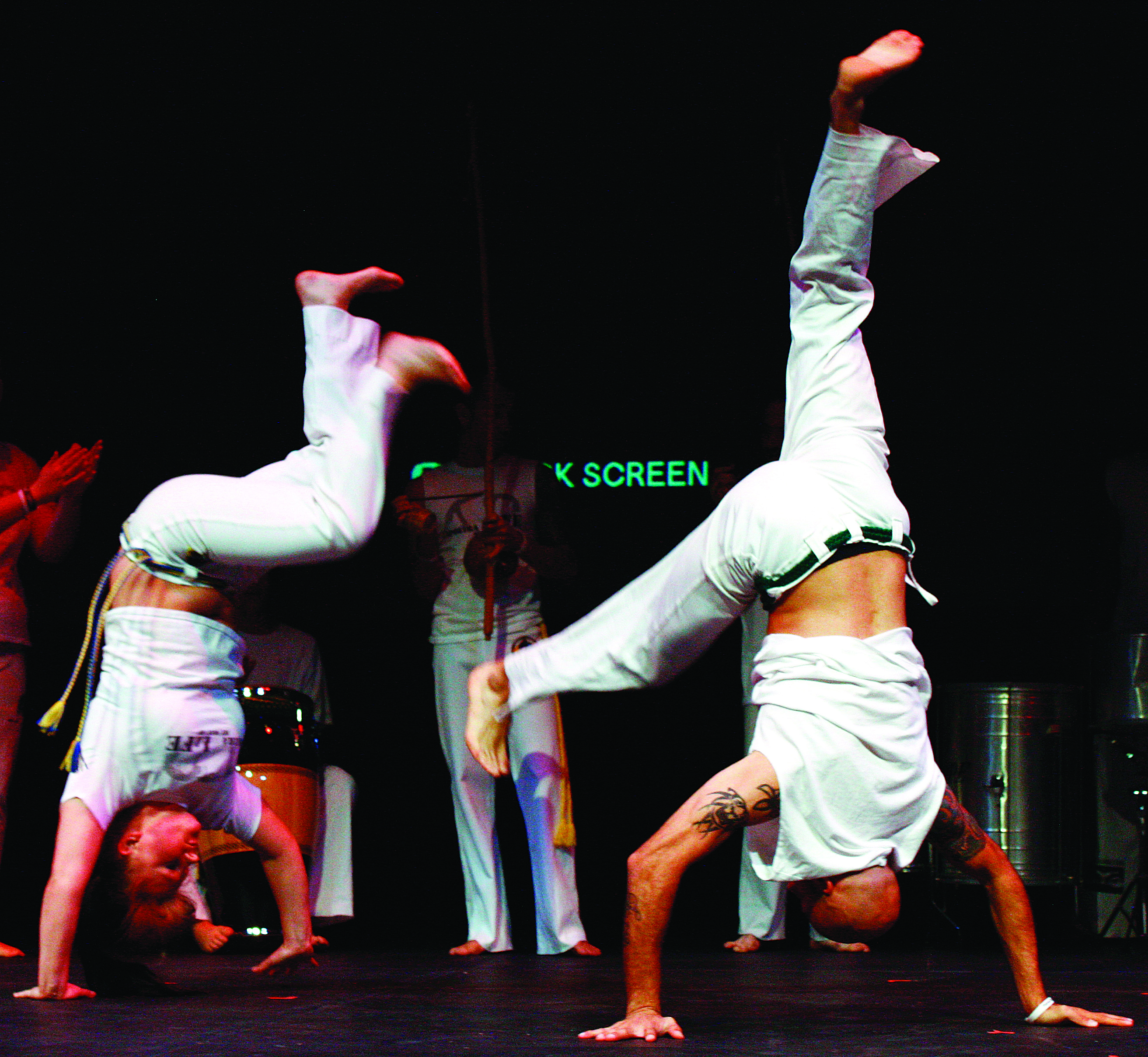




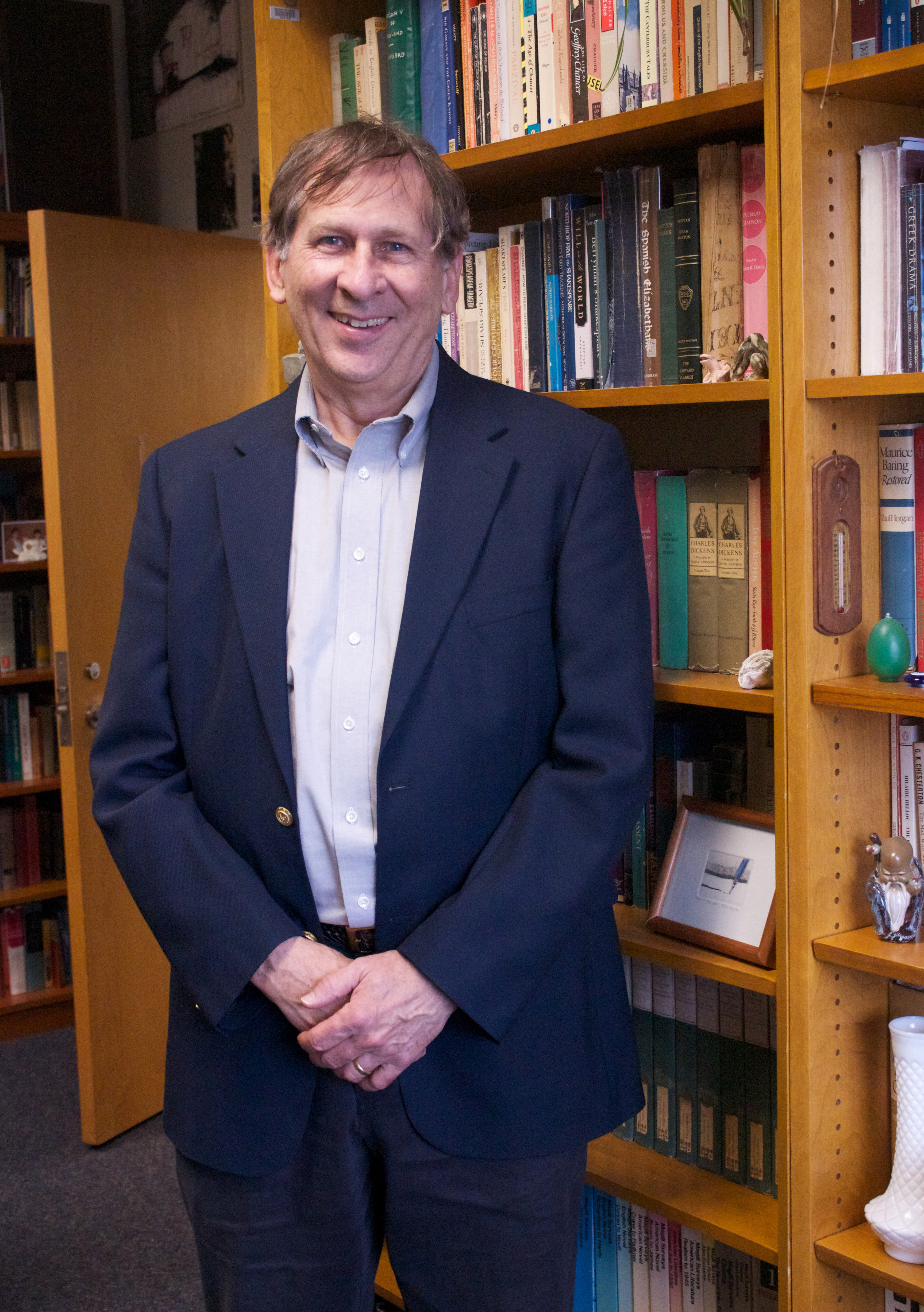
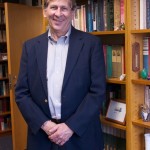

![Scherba_facebookintrusion[1]](http://blogs.jccc.edu/campusledger/files/2012/04/Scherba_facebookintrusion1.jpg)

